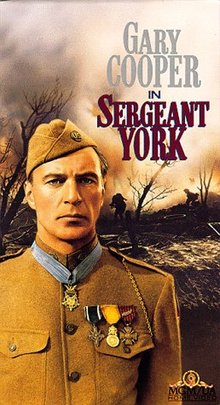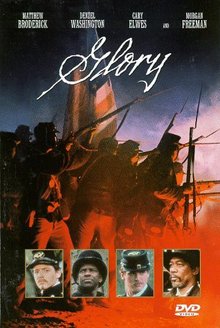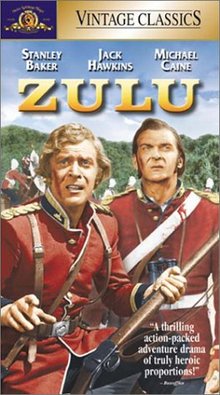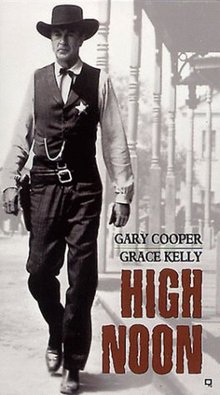| The movie Chariots of Fire tells the story of the tests and trials faced by two men competing for two kinds of glory at the 1924 Olympic Games. In this movie, our class left the showdowns of the Old West and the horrors of war to confront the challenges of will and character in athletic competition. | 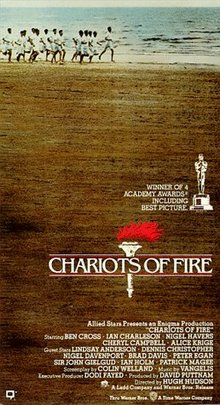 |
At the same time, however, the decimation and sacrifice of a generation shadows the story, especially early on when the incoming class of Cambridge freshmen have their attention directed to a wall listing the names of Cambridge students and graduates who died in the recently concluded conflict. The new young men are reminded that they now have the privilege of pursuing dreams and goals no longer available to those who have died, and they are challenged to live up to the opportunity before them.
Both the talented and driven Jew, Harold Abrams, and the devout Scotsman, Eric Liddell, end up ignoring convention and even antagonizing society, but from different perspectives. Harold competes for his own glory and rejects the standards of a society that has rejected him. Though he is an amateur, he hires a professional coach – something that was strongly frowned upon at the time. While generally polite to his teammates, his single-mindedness and intensity set him apart from them. Eric runs, so he says, to glorify God and refuses to compete on Sundays out of honor and obedience to the Lord. Yet when it turns out that, once at the Olympics, the qualifying heat in his event falls on a Sunday he must go against the wishes of his teammates, his coaches, and even his Prince and country – as well as personally confront his own desire to compete and his commitment to do what he believes is right.
Key Points
- Commitment to principle, even in the face of personal objectives, peer pressure – even your government.
- Sportsmanship
- Personal discipline and dedication lead to success.
- Appreciation of the benefits that you enjoy as a result of the sacrifices of others.
- More examples of how prejudice insinuates itself into our lives.
Discussion questions
- Why was Eric’s sister opposed to his running? What was his response to her?
- What scriptural reason does Eric have for not competing on Sunday?
- What were the negative effects of Eric’s decision? What were the positive ones?
- What was the significance of the names on the wall of the dining hall? Why did the faculty draw the attention of the new students to these names?
- Who did Eric seek to glorify? Who did Harold seek to glorify?
- How did Harold feel leading up to and after the gold medal race? Why?
- What was the nature of Lindsey’s (the hurdler) sacrifice? Why did he do it?
- What principle(s) – in sports or spiritually – did Jackson Schulz’s note to Eric demonstrate?
Points to Ponder
- Are you aware of how your personal honor and conduct reflects on, and affects, those around you?
- Based on the movie, in what ways can a person’s worthy desire for personal excellence be a source of strength and destruction?
- How do you honor the Sabbath and keep it holy?












